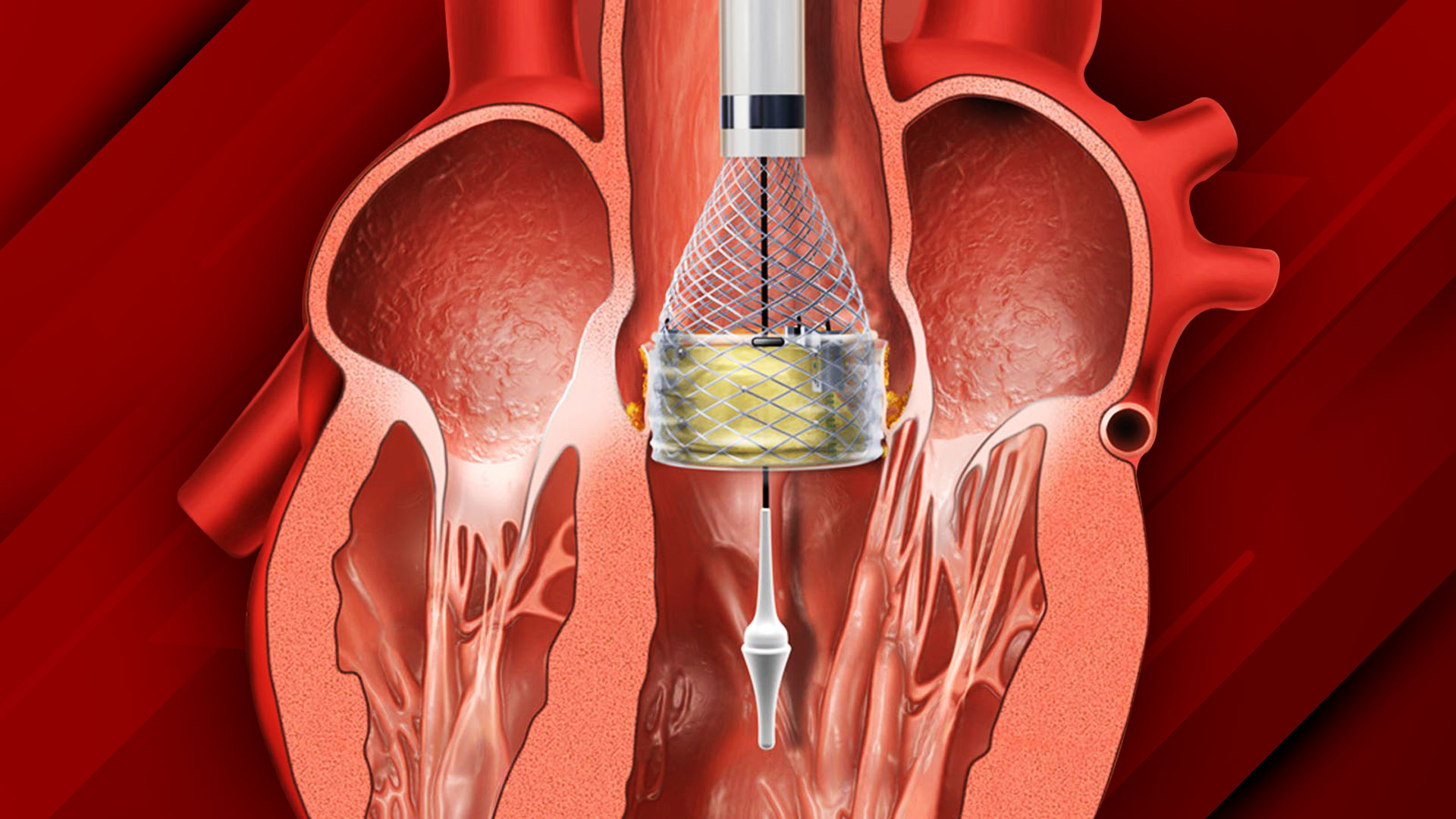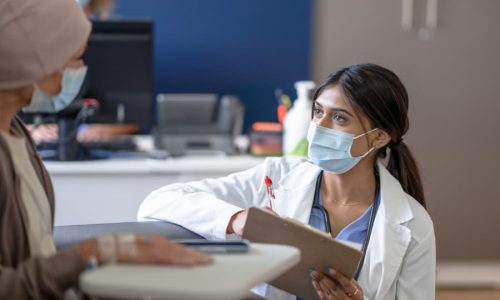Workshops

Responsible:
- Marcel Abraș, Cazacu Anatolie
Date:
26-04-2024Duration:
15:30-17:00Categories:
surgical workshop, WorkshopsThis workshop focuses on the innovative application of virtual reality (VR) technology in the procedural planning of transcatheter aortic valve implantation (TAVI). Participants will delve into the utilization of VR to enhance pre-procedural preparation, improve surgical precision, and optimize patient outcomes in TAVI procedures.
Through this workshop, participants will:
- Gain insights into the latest advancements in VR technology and its integration into TAVI procedural planning.
- Explore virtual simulations of patient-specific cardiac anatomy to facilitate comprehensive procedural visualization and planning.
- Learn how VR can assist in identifying optimal access routes, valve sizing, and device positioning for TAVI procedures.
- Understand the potential benefits of VR-guided procedural planning in improving patient safety, reducing procedural complications, and enhancing overall procedural success rates.
Led by experts in interventional cardiology and medical simulation, this workshop offers participants a hands-on learning experience to harness the power of VR for procedural planning in TAVI. Participants will acquire practical skills and knowledge essential for leveraging VR technology to advance procedural precision and patient care in the field of interventional cardiology.
This workshop is designed for interventional cardiologists, cardiac surgeons, cardiovascular radiologists, medical device engineers, and other healthcare professionals interested in incorporating VR technology into TAVI procedural planning. By attending this workshop, participants will gain valuable insights into the use of VR for procedural optimization and contribute to the advancement of TAVI procedures for better patient outcomes.
Other Workshops
The workshop aims to focus on an integrated and holistic approach to oncology patient care. Participants will learn to understand not only the medical aspects of the disease, but also the psychological, social and emotional impact of cancer on patients. The topics discussed in the workshop are: Empathic Communication: How to communicate effectively and empathetically with cancer patients and their families; Managing Stress and Burnout: How to cope with the stress of caring for oncology patients and how to prevent burnout in the medical field; Psychological Support: The importance of psychological support for cancer patients and ways to provide it; Nutrition and Lifestyle: The role of nutrition and healthy lifestyle in supporting patients during treatment and recovery; Rehabilitation and Quality of Life: How to improve the quality of life of cancer patients through rehabilitation programs and appropriate support.

The purpose of the workshop „The degree of microbial contamination of objects before and after the use of various agents with antiseptic properties” is to evaluate the effectiveness of antiseptic substances used in medical practice before and after the treatment of various objects and hands.

